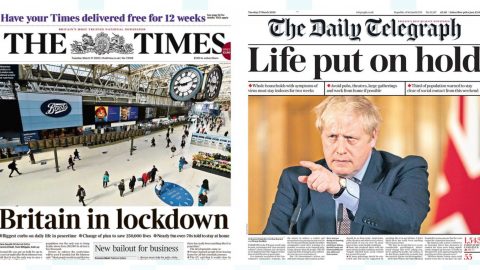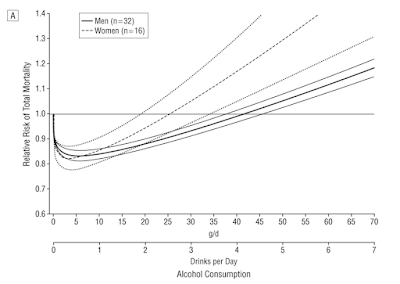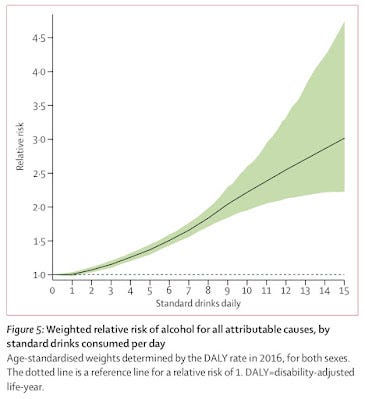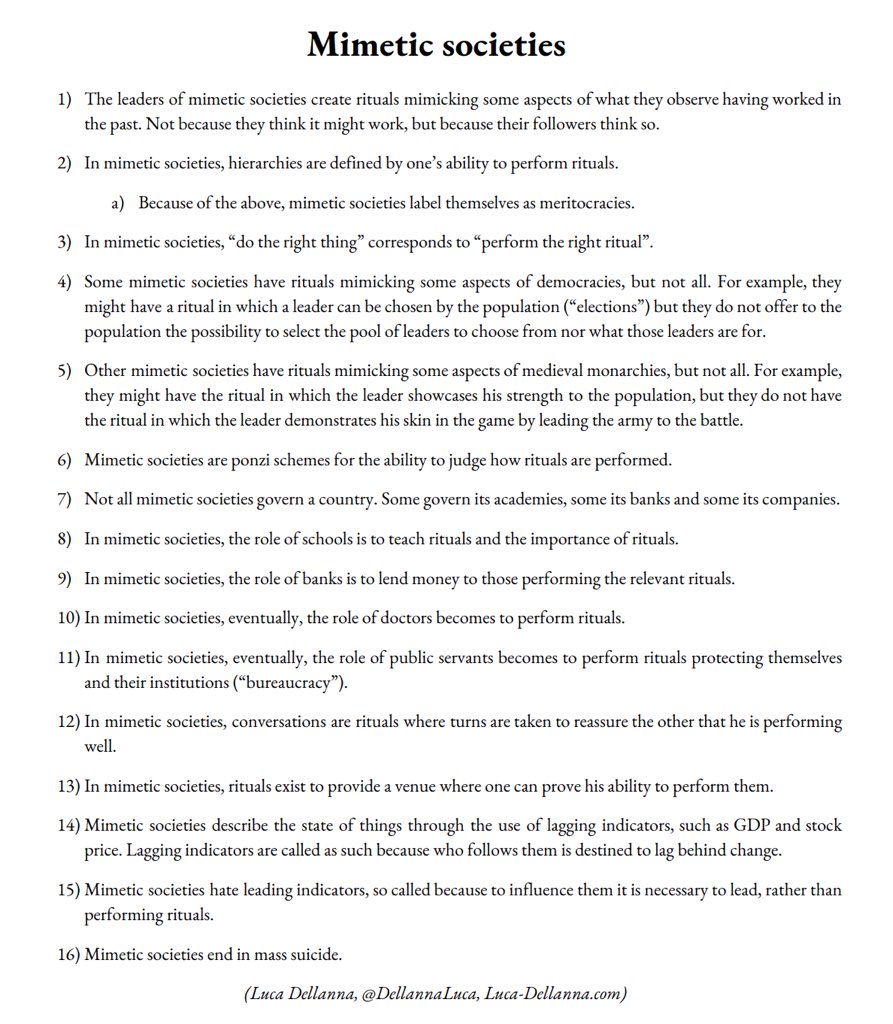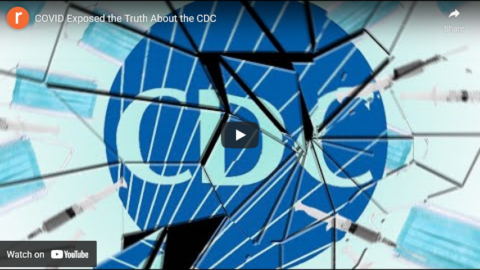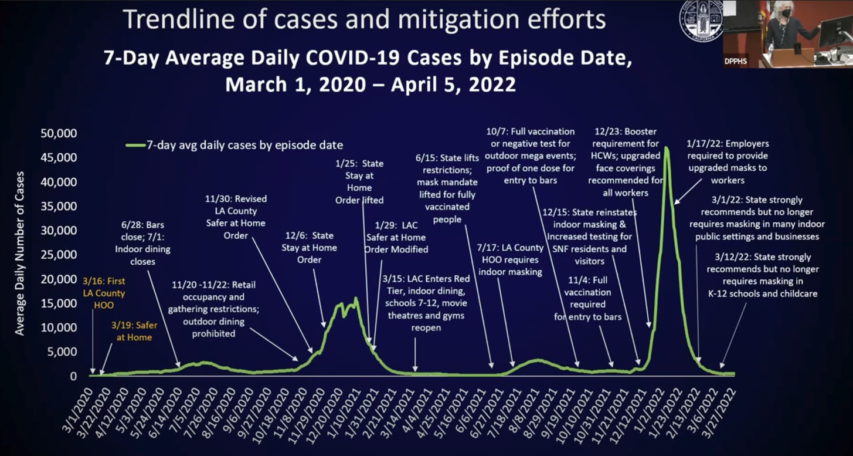Janice Fiamengo hopes that the future isn’t female, for the sake of all of us:
If Covid was a war, as it was frequently depicted as being, it was one in which none of the typical masculine virtues required by war were in evidence. Gone was the valorization of stoicism, courage, forgetfulness of self, rational risk assessment, and the curtailment of emotionalism. In their place came generalized anxiety, self-righteous vindictiveness, and the longing for (an unattainable) safety at all costs.
In his book United States of Fear: How America Fell Victim to a Mass Delusional Psychosis, American psychiatrist Mark McDonald noted the disappearance of men from the Covid state as a key factor in our descent into social psychosis. Of course men remained in existence, but their roles were reduced to enthusiastic compliance with even the most trivial of health rules.
As a psychiatrist with extensive clinical experience, McDonald was uniquely positioned to diagnose some of the underlying causes of Covid panic. He notes in the book that women, evolved to be hyper-attentive to the needs of infants and simultaneously aware of their own vulnerability as maternal caregivers, tend to be far more susceptible to anxiety disorders than men. Women evolved over millennia to look to men for protection of themselves and their children (p. 30-31), and men evolved to provide it.
Yet as Covid experts encouraged us all to worry about the safety of our families, with daily case counts and endless updates on (de-contextualized) death numbers, “men failed […] dismally in their duty to provide a sense of safety and security for the women in their lives” (p. 41). When some women insisted fearfully on rules to protect themselves and their loved ones — even irrational rules such as outdoor masking and limitations on how children played together — men, whose traditional role has been to “calm and ground women’s fears” (p. 39), either did nothing or went along. Some men, of course, led the charge.
The emasculation of men had been prepared for a long time, and under Covid it came to fruition. Men could not reassure the women in their lives or stand up to the infantilizing Mother State. They could not speak out to put the Covid threat in perspective. Most of them couldn’t even decide independently whether to go to work in the morning. McDonald is well aware of the social forces that have contributed to the feminization of men — he notes especially how “healthy expressions of masculinity […] have all been redefined as universally unhealthy” (p. 52) — but even he does not fully understand the depth of the anti-male attack that prepared the ground for Covid-enforced male passivity.
For decades now, with the advent of no-fault divorce, mother-favoring custody laws, the determination to stamp out (subjectively defined) alleged sexual harassment, and the mandate to “Believe Women”, it has been made clear to men that their lives and careers remain intact entirely at the pleasure of feminist ideologues or potentially vengeful ex-wives. One wrong move, an inappropriate comment, a gaze that is too intense, a tone-deaf request for a date, a sexual encounter where the woman is left unhappy, or merely having married the wrong woman, can lead — and too often does lead — to the ruination of a man’s reputation, a forced psychiatric evaluation, the garnisheeing of his wages, imprisonment on false charges, and the judicial kidnapping of his children. Scholar Stephen Baskerville has extensively documented the injustices in his devastatingly compendious Taken Into Custody: The War Against Fathers, Marriage, and the Family and his more recent The New Politics of Sex: The Sexual Revolution, Civil Liberties, and the Growth of Governmental Power. For a heartbreaking and fully researched personal account, see Greg Ellis’s The Respondent: Exposing the Cartel of Family Law.
For well over 20 years, it has been made more and more difficult for men to respond as men once did, firmly and unplacatingly, because many men now know that everything they have built in their lives — and their ability to continue to build, to contribute their gifts, to live a normal life, to be a father to their children — now hinges on their avoiding the fury of a state-supported complaining woman. It is this bedrock vulnerability, the reality that even guiltless men can be imprisoned on a woman’s word and can lose their life savings and children, that more than anything else has silenced and paralyzed many decent and brave men.


